Your project may be more successful if you have partners. Partnering with other organizations, businesses, or government agencies may help you obtain funding, share expertise, create a better project plan, spread the workload, and ultimately have a more successful project.
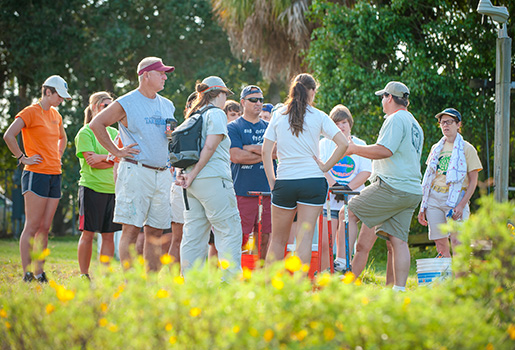
The Great Lakes Interagency Task Force is a collaboration of 15 federal agencies.
The Great Lakes Regional Working Group coordinates Great Lakes Restoration Initiative (GLRI) actions and makes recommendations on how to implement the policies, strategies, projects and priorities of the Task Force.
The Great Lakes Advisory Board provides advice and recommendations to the EPA Administrator, who serves as chair of the federal Interagency Task Force.
The Great Lakes Commission works with the eight Great Lakes states, Ontario, and Quebec to collectively advance an agenda to protect and enhance the region’s economic prosperity and environmental health.
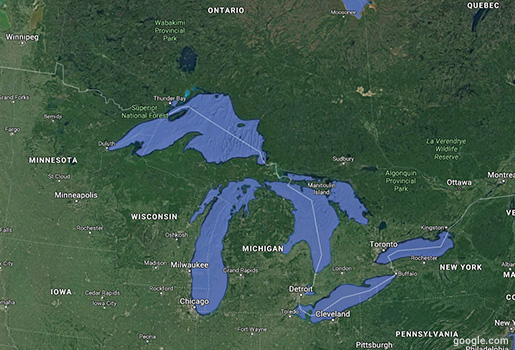
Each of the states involved in the Great Lakes Restoration Initiative has offices to manage and coordinate restoration efforts in their states. These programs sometimes have grant dollars.
Many states have the following departments, divisions, or commissions, which you can use as internet search terms:
Many of these organizations are listed as members of the Association of Fish and Wildlife Agencies. Your state’s land-grant university may host a SeaGrant program or a Cooperative Extension Service related to agriculture, conservation. Extension agents can direct you towards helpful resources for your project type.
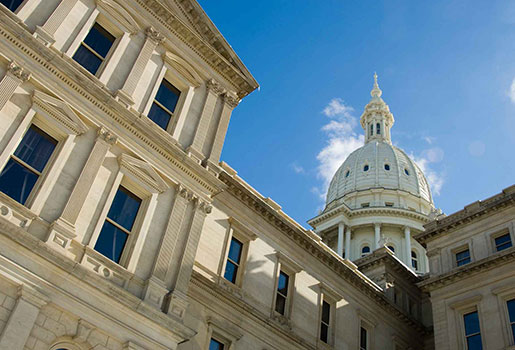
These may be sponsored by your drainage or stormwater utility, public works department, natural resource agency, mayor’s office, or another local agency.
To find your local, state, or tribal governments type the following into a search engine: your state/county and then the type of agency you are wanting to connect with (e.g., local government, tribal representative, state government). For example, search for “Alabama beach restoration permitting” or “New Jersey environmental protection”. Also try using terms that relate to your concern or solution. For example, “Florida coastal flooding help.” Try different terms, or combinations of terms, such as “grants, restoration, invasive species, marsh, natural resources, volunteers, funding, etc.” It may take a few tries to find the site and information you are looking for.
To find a specific local county office, type the following into the search engine: your local county or city and then the department you are wanting to connect with (e.g., environmental, planning, natural resources).
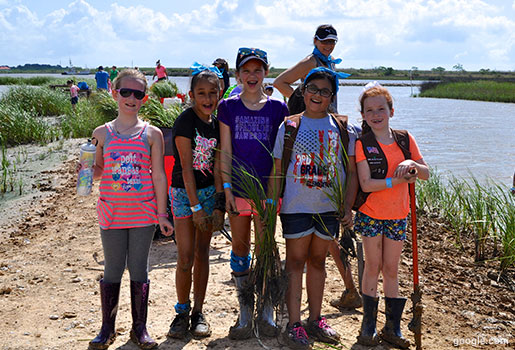
Environmental groups
Some may focus on local issues. Others may be local chapters of state or national organizations.
Restore America’s Estuaries is an alliance of 10 community-based conservation organizations focused on coastal restoration.
The Healing Our Waters – Great Lakes Coalition consists of more than 150 environmental, conservation, and outdoor recreation organizations; zoos; aquariums; and museums. Member organizations are working to restore and protect the Great Lakes.
Wikipedia lists environmental and conservation organizations in the United States.
Neighborhood organizations may be a resource for community outreach and volunteers.
Schools may be a source of volunteers.
Look for local businesses and business organizations that may have a stake in a cleaner environment.
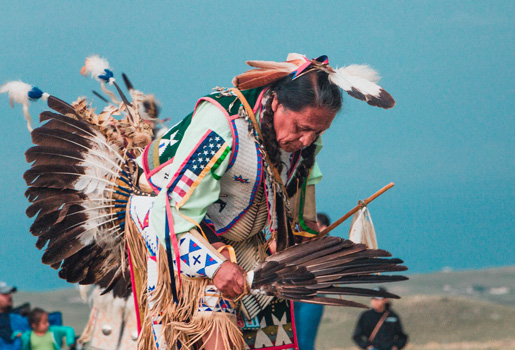
Tribes and Indian Nations should be consulted about their interests in the area of the project.
Tribes and Indian Nations may have treaty rights that need to be observed and cultural resource concerns that apply to your project, especially if ground disturbance is involved in your project.
Tribes and Indian Nations often have resources that can help with your project. They often manage monitoring and research projects and that information may be very helpful in the development of your project.
Contact the Tribe’s or Nation’s natural resource department early in the project. Click here for help finding recognized tribes and their leaders or here for help finding non-federally recognized tribes.
Learn more about partnering with Tribal Nations and incorporating Indigenous Knowledge.
We need your help to improve the Toolkit by completing our easy, 3-minute survey. Your insight is valuable to us.